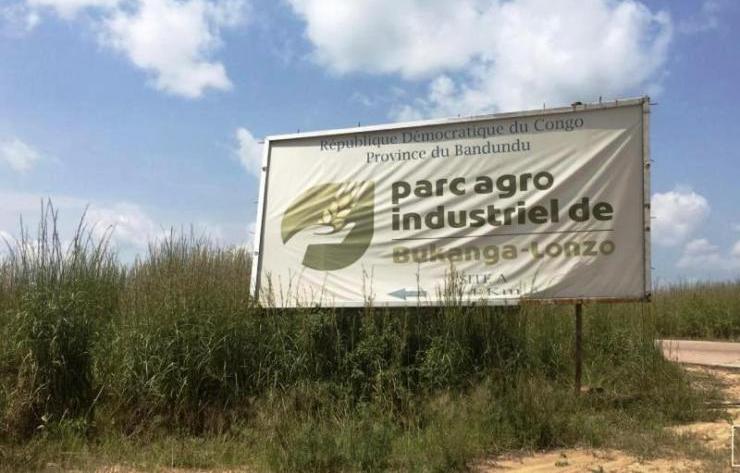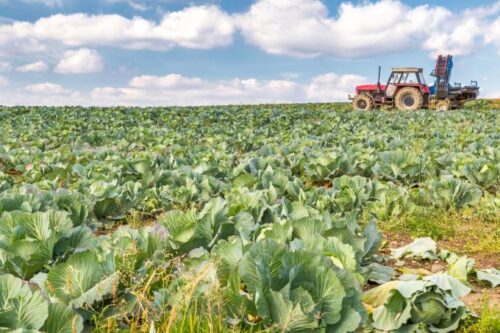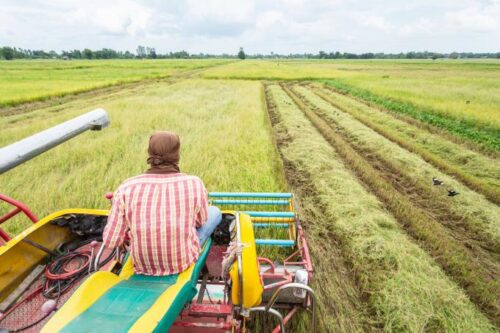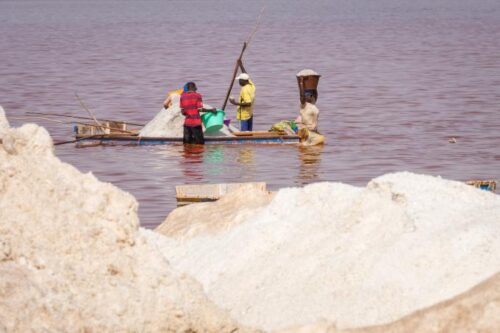African Agricultural Growth Poles. A Transformation that Doesn’t Exist.

There are now about fifty scattered in thirty countries. They aim to change the connotations of agriculture. For now, they are notable for conflicts with rural communities.
Agricultural growth poles, agro-industrial parks, growth hubs and corridors and special economic zones. They have different names but the same purpose: to activate agricultural development. Sponsored as a panacea for all the ills of African agriculture, they have spread to many countries, with the expectation of attracting more investment, increasing productivity, and guaranteeing jobs.
Their goal is to catalyse public and private investments, in a simultaneous and coordinated way, around a resource, thus favouring the industrialization of different sectors. They have in common the simplification of trade, taxation and financing, and the development of a multi-sectoral strategy.

The agro-industrial parks aim to improve the agricultural sector with interventions in mechanization, technologies, packaging, and food safety. 123rf
They aim at the structural transformation of agriculture with roads, warehouses, electricity networks, irrigation, and processing industries. Special economic zones, agricultural growth poles and corridors, and agro-industrial parks also have distinctive elements. The former are small areas equipped with specific infrastructures, the prerogative of the companies that are part of them. The latter correspond to a region or more within a country, develop around an agricultural resource, and coordinate investments and services. The infrastructure is located within and outside the affected area. The corridors develop along transport routes (roads, railway lines, ports) and are transnational. The agro-industrial parks aim to improve the agricultural sector with interventions in mechanization, technologies, packaging, and food safety.
Among agro-industrial poles, corridors and special economic zones, the African Development Bank (AfDB) has listed about fifty initiatives in about thirty countries. The last frontier, sponsored during Dakar 2 last January and the ‘Africa Food Summit’ by the AfDB, are the Special Zones for agro-industrial processing (SAPZ). On paper, they are activators of structural changes and economic transformations, catalysts of infrastructure and investments (public and private), supporters of regional integration and the development of supply chains, strategic for the promotion of inclusive growth (farmers, women), job creators, and channels for the development of human capital. Land control SAPZ have been launched in 18 countries, but Nigeria is the most relevant testing ground, in terms of scope and objectives.

The Special Zones for agro-industrial processing (SAPZ) project will cover 19% of Nigerian land with 8 agro-processing hubs and 15 processing centres.
The project will cover 19% of Nigerian land with 8 agro-processing hubs and 15 processing centres. According to forecasts, they will create 400,000 direct jobs and induced jobs of more than one million beneficiaries. The choice is not a coincidence, given that the current president of the AfDB was Nigeria’s minister of agriculture. The program follows the ‘basic product processing areas’ launched in 2013 by Akinwumi Adesina. For example, the cassava district is managed by the US multinational Cargill, the rice district by the Singaporean company Olam, and the palm oil district by the multinational Wilmar. Like all investments based on land control, agricultural poles and SAPZ also risk excluding and impoverishing rural communities: they exacerbate inequalities, violate land rights, undermine the lifestyle of small producers, especially women, and lead to the degradation of soils and water. This is demonstrated by the complaints of civil society at the absence of the free, prior, and informed consent of the population and the lack of environmental impact assessments.
In Nigeria, Olam and Wilmar are accused of dispossessing communities and farmers. In Madagascar, the Collective for the Defence of the Malagasy Lands, in 2021, denounced the opacity of the government program which provides for the development, over 10 years, of agribusiness poles on approximately 4 million hectares.

People harvesting salt on Lac Rose or Lake Retba. Dakar. Senegal is developing five agricultural growth poles. 123rf
Senegal is developing five agricultural growth poles, divided by geographical area, for the implementation of 14 supply chains (rice, onions, mangoes, cashews, corn, fonio, peanuts, salt, cereals, milk, chickens, cattle, sheep, and cotton). The launch of the western agricultural hub, in the Malicounda-Nguéniène-Sandiara area, generated protests from the local rural community concerned about the downgrading of a forest and the reduction of transhumance routes. The agricultural centre of Ziguinchor, in the south of the country, is also accused of land grabbing. Another emblematic case is the agro-industrial park of Bukanga Lonzo, in RD Congo, at the centre of a political and economic scandal involving a former prime minister. The project was called a fiasco that blew a $100 million hole in public budgets and was an example of embezzlement and irregularities. According to the Californian study centre The Oakland Institute, which has analysed the matter, the park is responsible for land grabbing and human rights violations. These events have in common the heartfelt appeal to governments to invest in farmers, guaranteeing them access to land, water, and markets. (File: Parc Agro)
Marta Gatti



